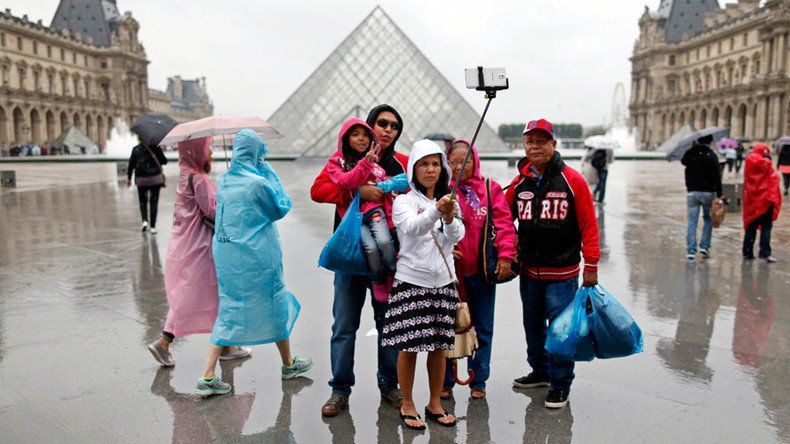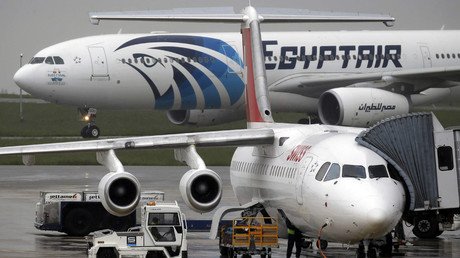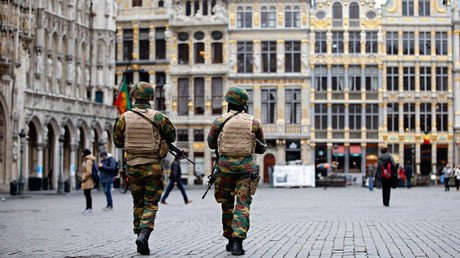Terror fears drive tourists away from Europe in droves

The fear of terrorism following the Brussels and Paris attacks is driving tourists away from Europe, while Brits are choosing “safe” destinations closer to home over fears of attacks in North Africa and Turkey, industry leaders say.
Eurostar, the high-speed rail operator linking the UK to mainland Europe, says passenger numbers have dwindled as people from Asia and the US are too afraid to travel due to perceived terrorism threats.
Chief executive Nicolas Petrovic told the BBC: “People coming from North America and south-east Asia, particularly Japan, are fearful of coming to Europe at all. They don’t really understand what’s going on and would rather go elsewhere altogether.”
Passenger numbers fell 3 percent in March to 2.2 million, compared to the same period in 2015, Eurostar says.
The latest figures from the Australian Bureau of Statistics also show visitor numbers to normally popular countries in Europe have declined between 12 and 35 percent in the first three months of 2016.
Tourism lecturer at Sydney’s University of Technology, David Beirman, says terrorism fears and the Syrian refugee crisis have undoubtedly made Europe less attractive to Australians.
“You hear of terrorism in one part of Europe and the perception seems to spread that other parts of Europe are also dangerous,” Beirman told Australian media.
“When there is a bit of uncertainty in a long-haul destination, people tend to travel closer to home to places they perceive as more welcoming and safer.”
Terrorism expert Greg Barton, from Melbourne’s Deakin University, says the nature of the Paris and Brussels attacks was particularly frightening for travelers.
“In Paris, what we saw was people doing ordinary things on a Friday night who were targeted. That was scary for everyone.
“Then the Brussels Airport attack made people question where they would be safe if not in an airport. That tipped the balance for some people.”
Meanwhile, travel agents Thomas Cook’s stock dropped to a three-year low as poor travel forecasts stemming from a fear of terror attacks coincided with the disappearance of an EgyptAir plane over the Mediterranean Sea.
The company says bookings for the summer period are down 5 percent as it has been unable to sell alternative vacations to customers unwilling to travel to Turkey, its second most important destination.
Britons are now flocking to “safe” holiday spots nearer to home, like Spain, over previously popular Egypt, Tunisia and Turkey.
But environmentalists in Ibiza are warning hotels, beaches, roads, water and sewer systems may not be able to cope with the influx of tourists this summer.
British holiday companies have cancelled flights to a number of areas in north Africa and Turkey, including once popular Sharm el-Sheikh, where terrorists have targeted tourists.
Instead they have offered more holidays to Spain, Portugal, Italy and the Balearic Islands.
Cruise ships are also set to stop in these locations more frequently, with 524 vessels expected in Palma, and Ibiza predicting a 24 percent increase on last year in cruise ships stopping there.














